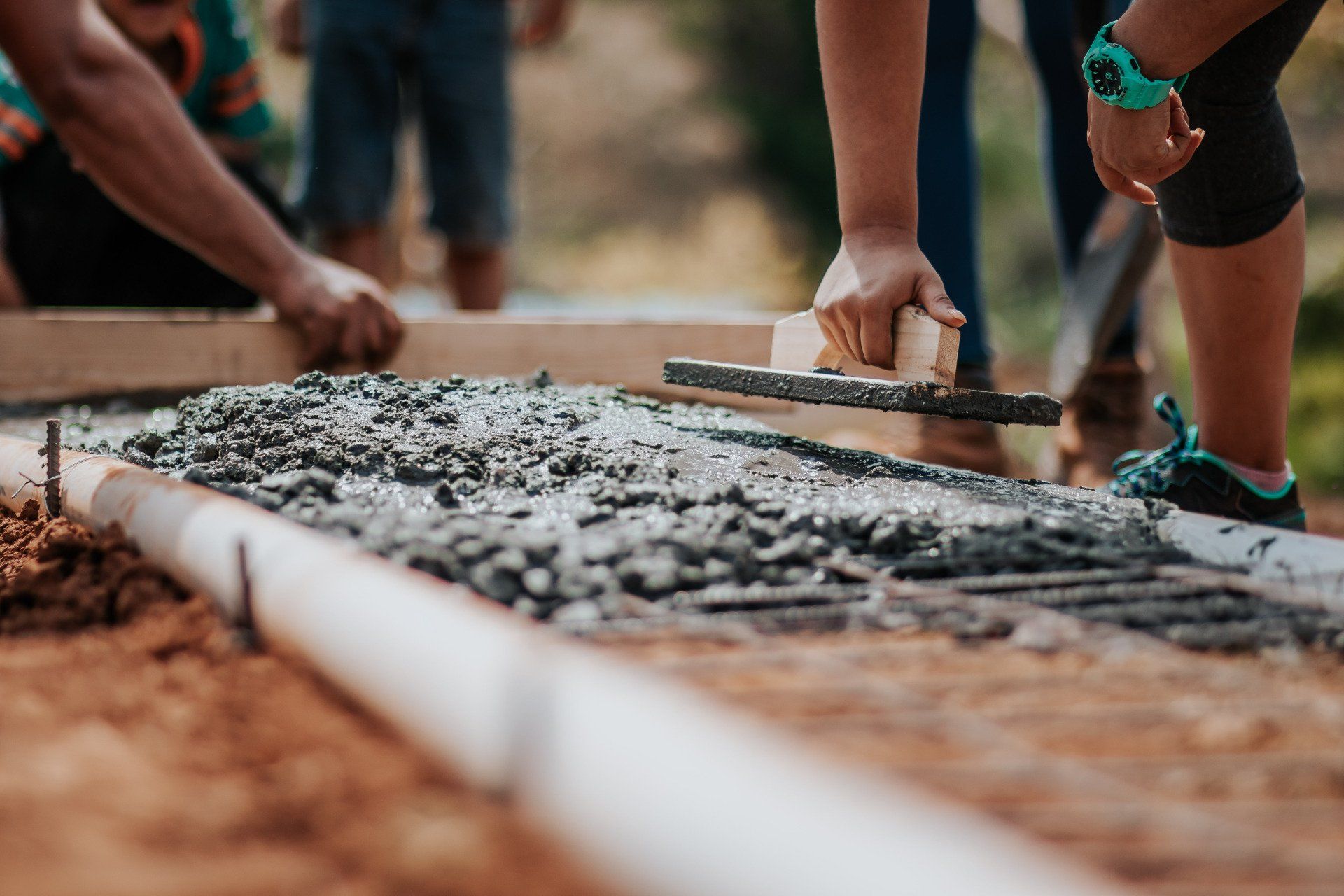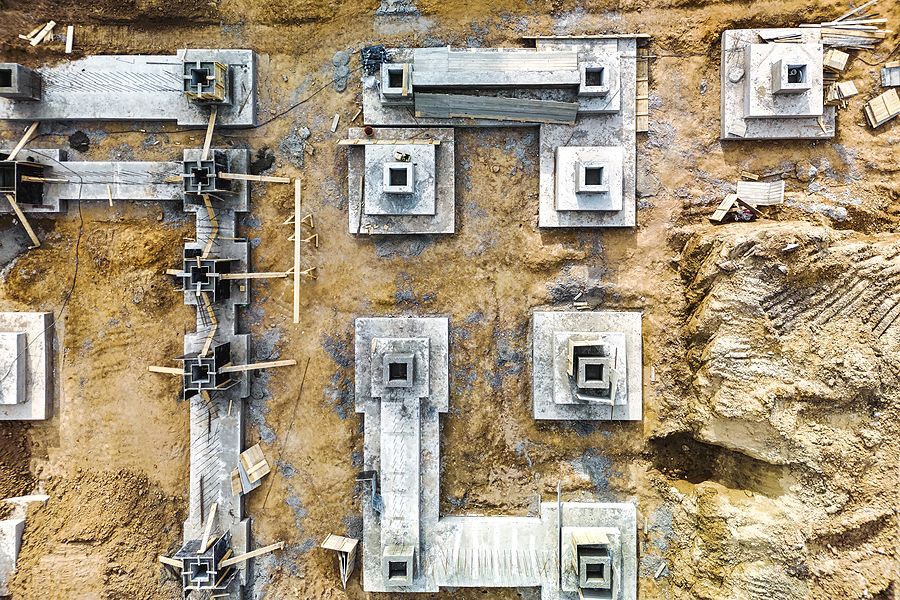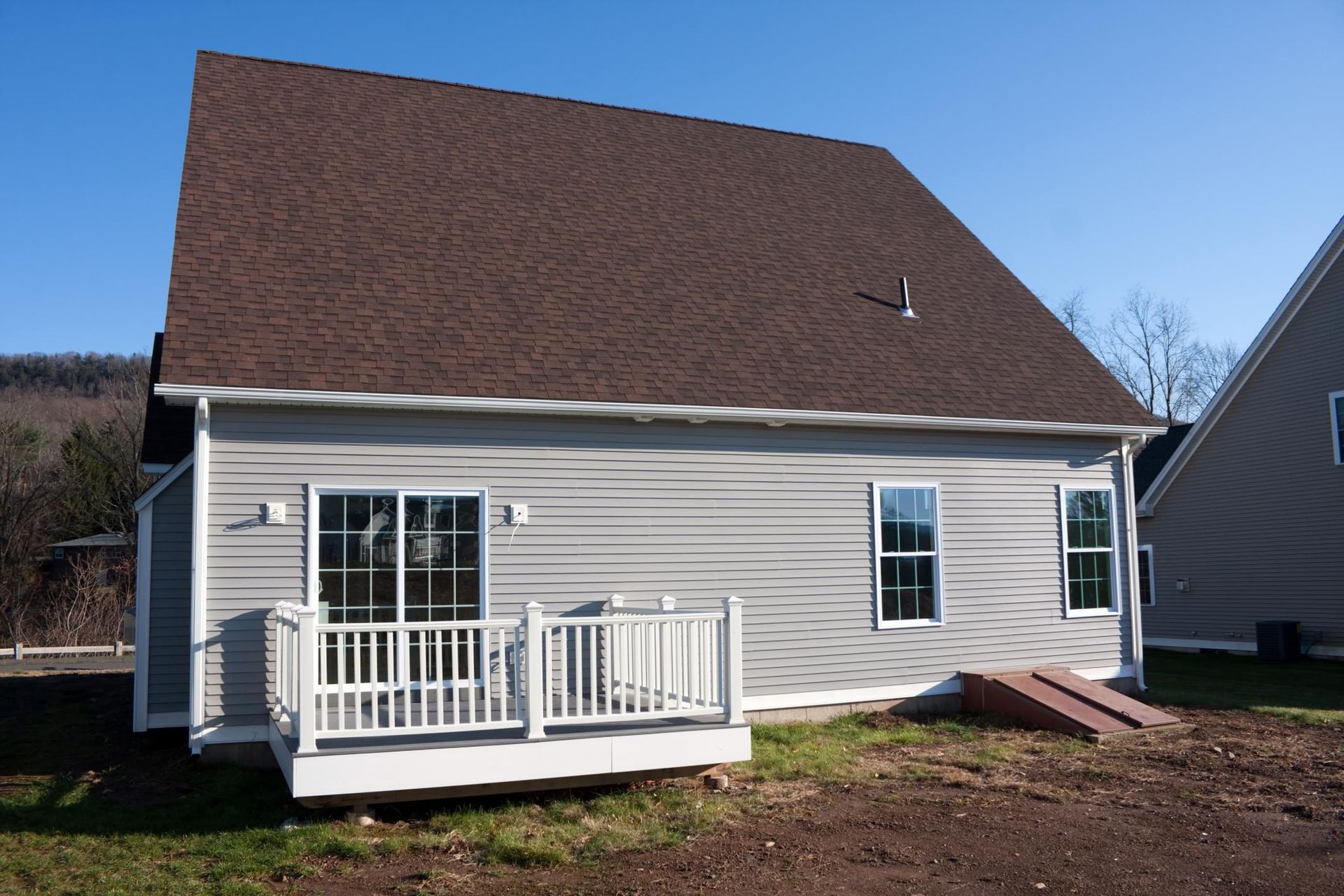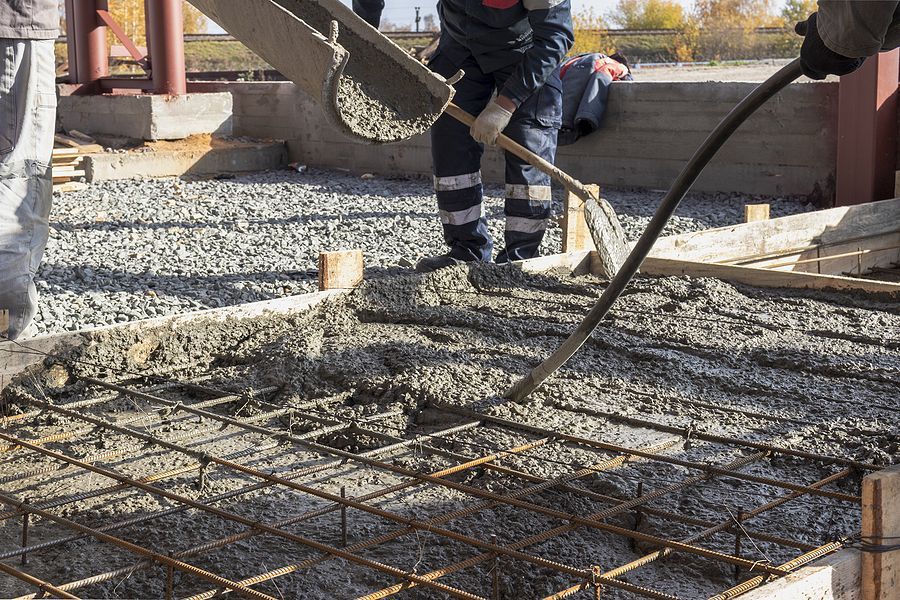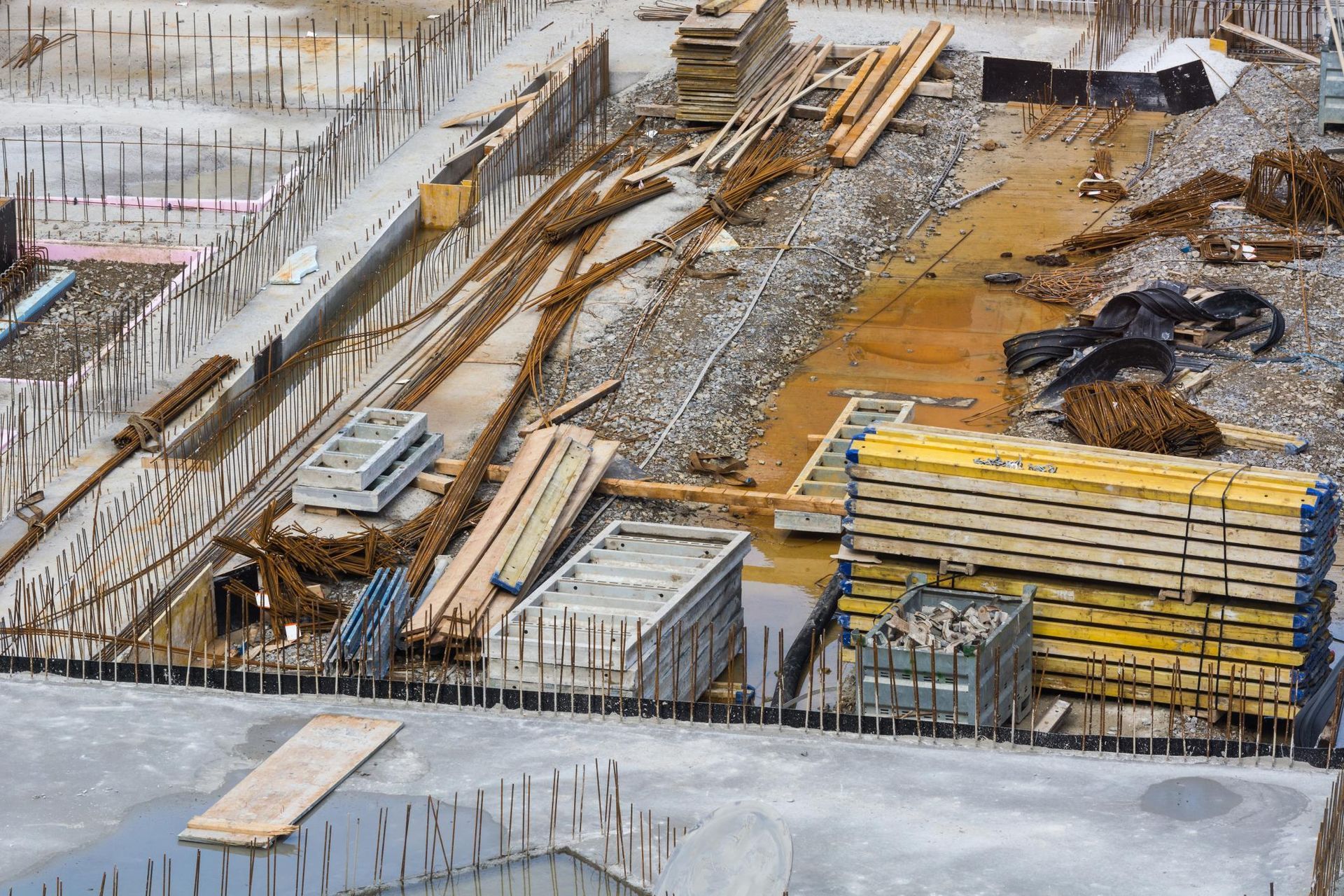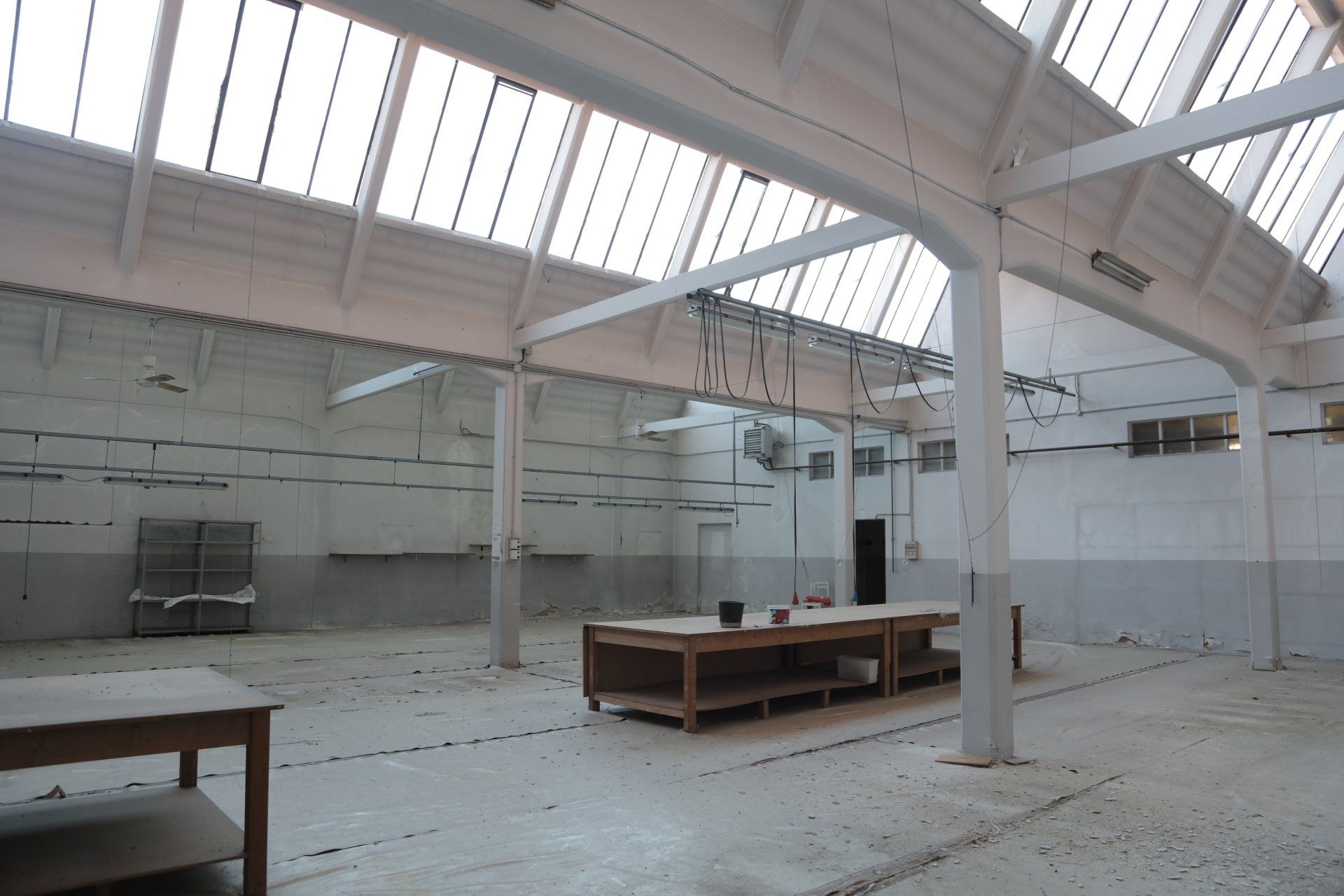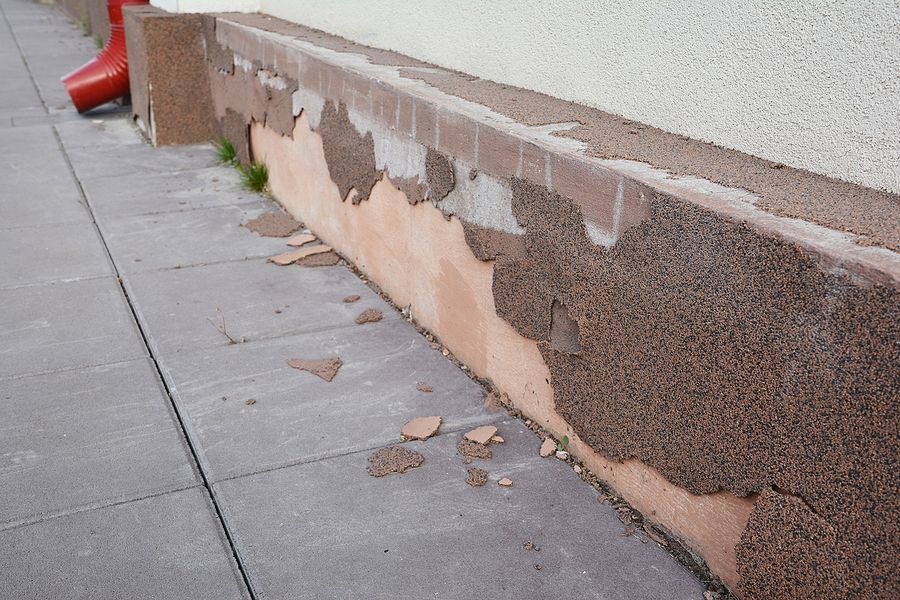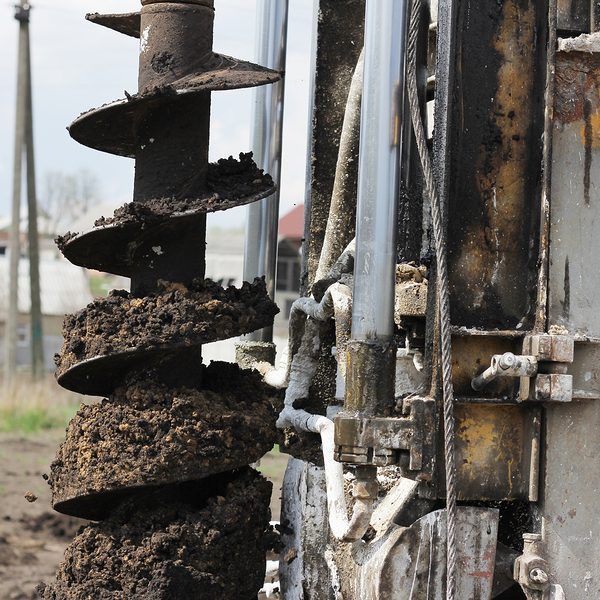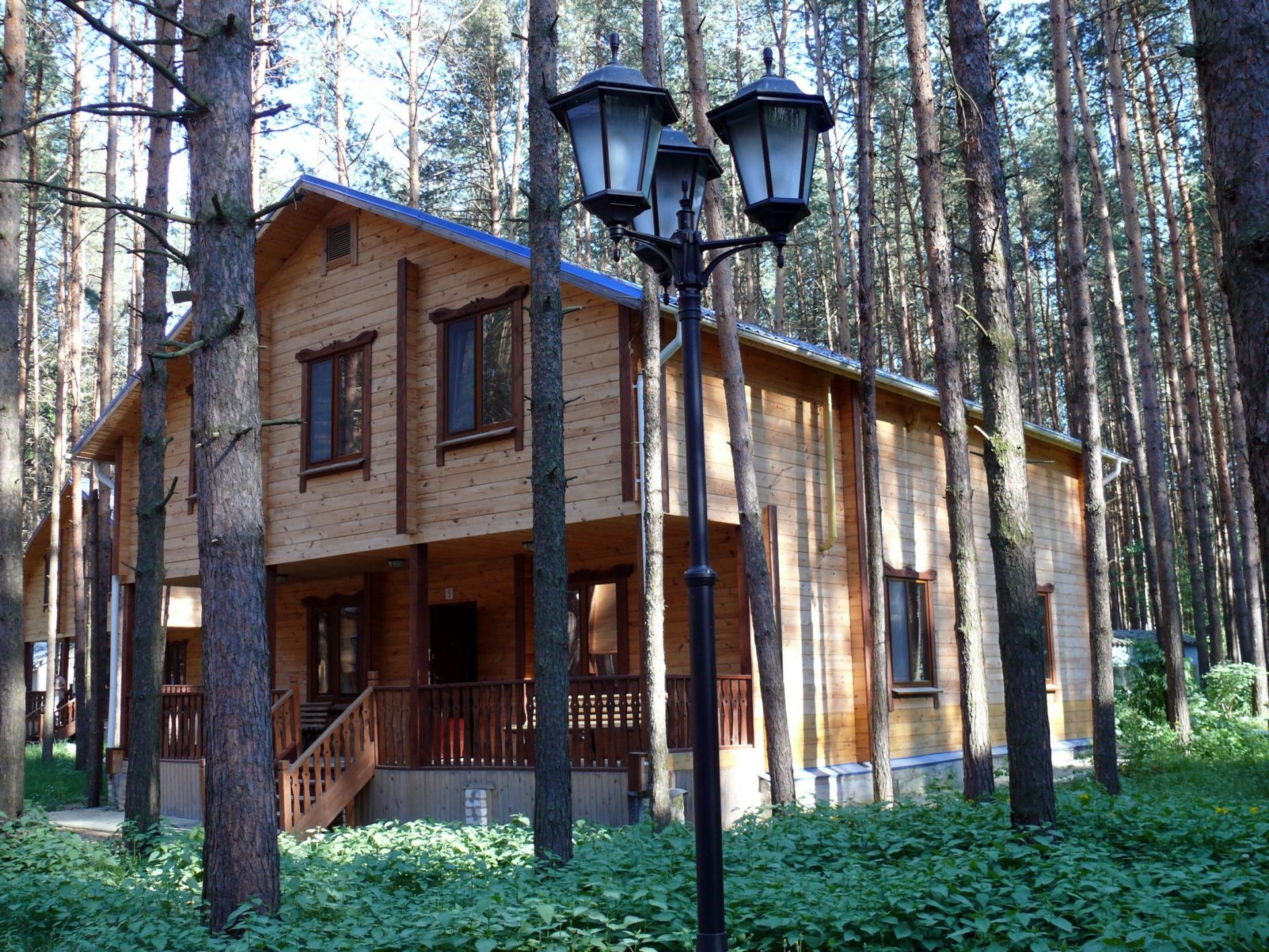Homeowner's Guide: Mastering the Basics of Foundation Repair
Mastering Foundation Repair: Key Insights for Homeowners
As a homeowner, maintaining the integrity of your home's foundation is crucial. Foundation issues can lead to significant structural problems if not addressed promptly and effectively. This comprehensive guide will delve into various aspects of foundation repair, including repair services, waterproofing, and cost considerations, to help you make informed decisions about maintaining and repairing your home's foundation.
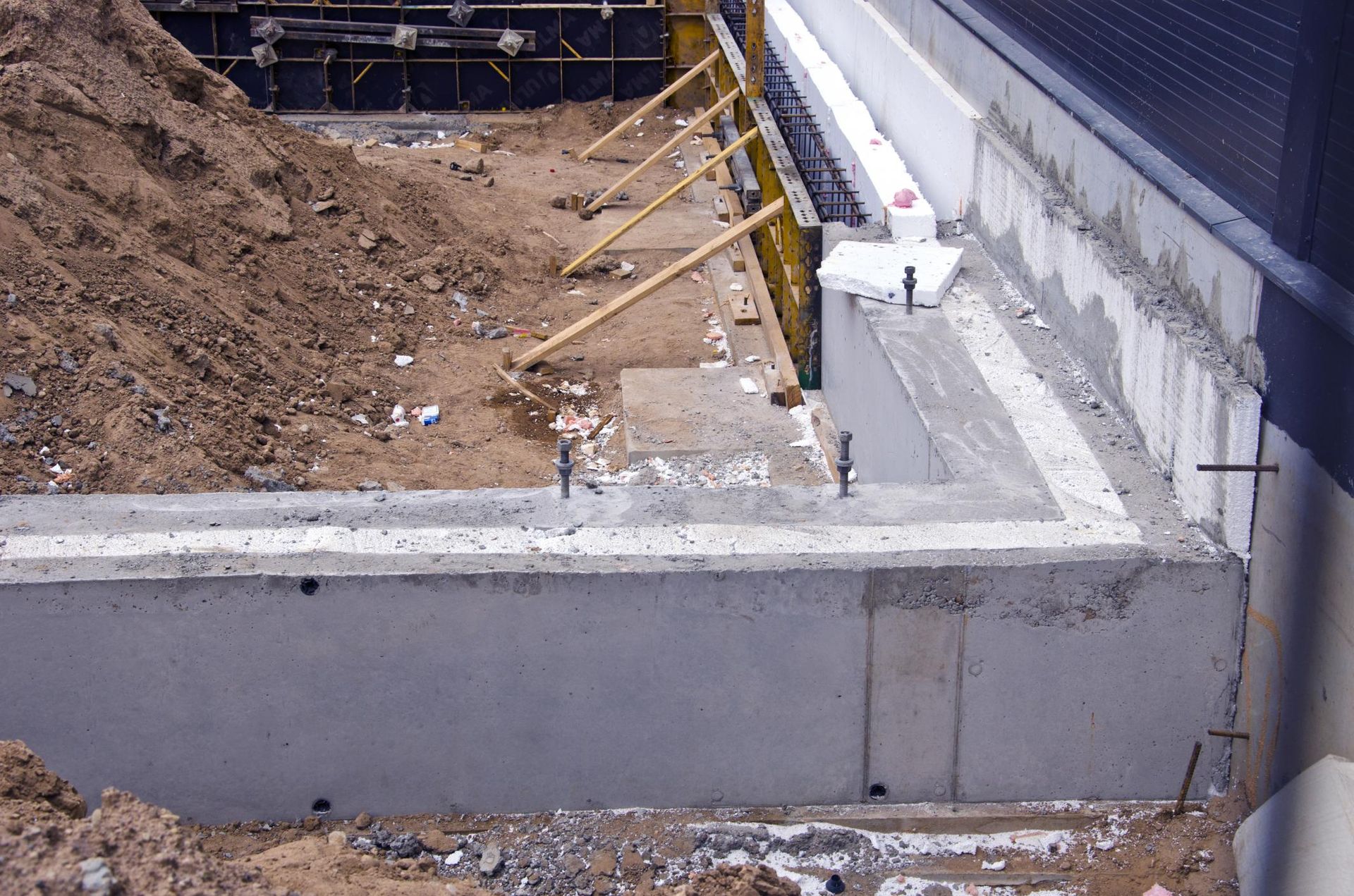
Understanding Foundation Repair
The foundation of your home is fundamental to its overall stability. Repairing a foundation involves not just fixing immediate problems but also understanding and mitigating potential future issues. This section will delve into what foundation work entails and how foundation services can preserve the longevity of your home.
Foundation repairs often involve correcting issues such as cracks, settling, and moisture problems. Effective foundation work requires a thorough understanding of soil conditions, hydrology, and structural engineering. Professional foundation services use various techniques like underpinning, soil stabilization, and drainage improvements to ensure the long-term stability of your home.
The Importance of Regular Foundation Inspections
Regular inspections are key in identifying foundation issues early. This section will discuss how regular checks by professionals can help in detecting potential problems before they escalate into major issues.
Foundation inspections should be part of your routine home maintenance. Professionals look for signs like wall cracks, uneven floors, or doors that don't close properly. Early detection through these inspections can prevent more severe damage and costly repairs down the line. Inspectors also offer valuable advice on maintaining your foundation and preventing future issues.
Innovative Foundation Solutions
Technology has brought about innovative foundation solutions that offer more effective and long-lasting repairs. Here, we explore some of the cutting-edge techniques and materials used in modern foundation work.
Recent advancements include the use of polymer injections, which can stabilize and lift concrete slabs without the need for extensive excavation. Helical piers and steel push piers are also being used for deeper, more secure underpinning solutions. These methods are less invasive and provide a more permanent solution compared to traditional methods.
Understanding Foundation Repair Costs
Foundation repair costs can vary greatly. This expanded section will provide a more detailed breakdown of what factors influence the cost and how to budget effectively for foundation repairs.
Factors influencing the cost include the extent of the damage, the repair method chosen, the type of foundation, and regional variations in labor and material costs. It's also important to consider indirect costs such as landscaping repairs or temporary relocation if extensive work is required. Getting detailed quotes from multiple providers can help in making a cost-effective decision.
DIY Foundation Repair: When to Call the Experts
While DIY foundation repair might be tempting, it's crucial to know when a problem is beyond your skill set. This section discusses common DIY repair attempts and highlights scenarios where calling in a professional is the best course of action.
Simple fixes like sealing minor cracks might be within the reach of a DIY enthusiast. However, more complex issues like significant cracks, sagging floors, or bowed walls require professional assessment and intervention. Mistakes in DIY repairs can lead to more significant problems, negating any initial savings in cost.
Choosing the Right Foundation Repair Services
Not all repair services are created equal. This expanded section will provide tips on how to select the best service provider, including what qualifications and qualities to look for in a professional foundation repair company.
When choosing a foundation repair service, look for licensed contractors with specialized experience in foundation work. Check for certifications, insurance, and warranties offered. Reading reviews and asking for references can provide insights into their reliability and quality of work. A trustworthy service provider will offer a thorough assessment and a clear, detailed quote.
Preventive Measures: Waterproofing Your Foundation
Water damage can be a foundation's worst enemy. This section will delve deeper into waterproofing methods, discussing various techniques and their importance in foundation maintenance.
Effective waterproofing methods include the installation of proper drainage systems, sump pumps, and the use of waterproofing coatings and membranes. Ensuring proper grading around the foundation to divert water away is also crucial. These measures help in preventing water accumulation, which can lead to hydrostatic pressure and structural damage.
The Future of Foundation Repair
Looking ahead, we explore emerging trends and future innovations in the field of foundation repair. This will include a discussion on how environmental changes and new building materials are shaping the future of residential foundation repair.
Innovations in the field are focusing on sustainability and resilience, with materials that adapt to changing climates and soil conditions. Research is also being conducted into smart sensors that can monitor foundation health in real time, allowing for proactive maintenance.
Your home's foundation is its bedrock, and understanding how to care for it is crucial. From recognizing early signs of damage to choosing the right repair method and service provider, this guide aims to equip homeowners with the knowledge needed to make informed decisions about their foundation repairs.
Continue your journey in home maintenance by discovering our range of services.
Newark Foundation Repair Pros


